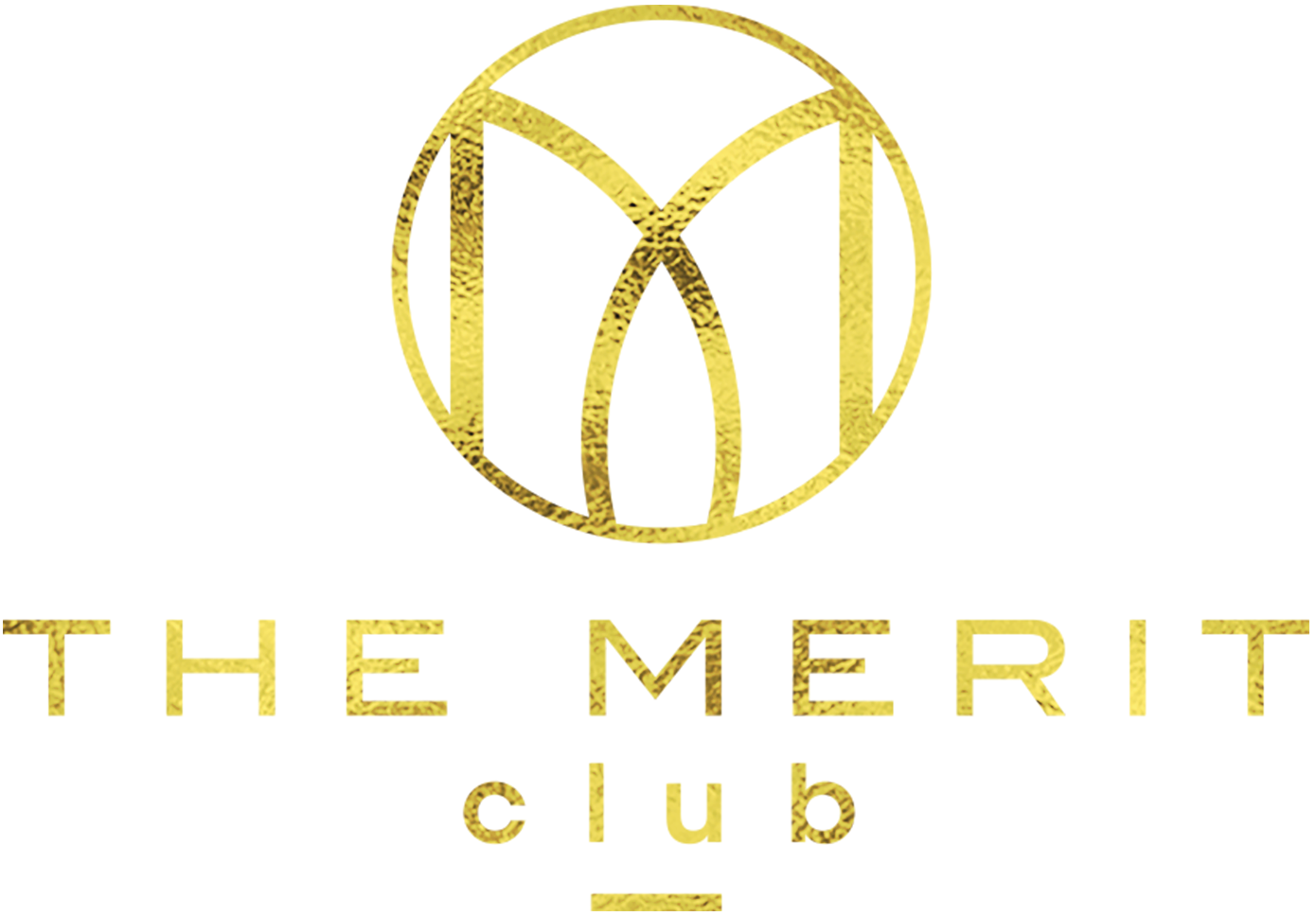Neuroscience of Self Change
At the Merit Club we are fascinated with what makes our brains tick! Every Wednesday we will be digging a little deeper into this with our Neuroscience Wednesdays series. Finding videos and articles on subjects from love through leadership to addiction, these blogs will cover a range of ideas and theories that help us understand our mind better, have the power to shape our lives and the way we think.
This week on Neuroscience Wednesday Merit Club brings you Erika Casriel's outlook on the simulation of the self - exploring how to use consciousness to remap the brain in order to change your self-concept.
Journalist Erika Casriel shares how understanding the importance of looking at things through your conscious can help you become a different person. As she explains, to alleviate the stress and relinquish the anxiety that comes along with those more tense moments that we have in our lives, using consciousness to remap our brains can be incredibly powerful. Instead of fighting stressful situations with a screaming match there's a lot to be said for just stepping back and having a broader perspective, which allows us access to a far greater variety of ways to handle such a situation.
Everyone tends to have set ideas about who they are and what they are capable of. Take teenagers, for example, who may resound they are grown-up adults and are ready for responsibility. Everyone has a different brain structure that has been shaped by our past experiences. In this video, however, Erika argues through science that our self concept is in fact just an illusion that the mind has created. Is the self just a simulation? And if the self is just a simulation, who's to say we can't challenge it, step away, and assess our different options rather than always rely on instinct and our first self-propelled decision.
‘The illusion of the little man inside our minds’
As this video explores, we can often think that there is a mini-me inside our heads behind-the-scenes who is completely in control. We might believe that that there is a single decider within our minds. But maybe we are wrong in thinking this? Our minds are fully capable of creating and producing illusions that can help us navigate the world. Science of the self... maybe it's more similar to the legal saying ‘innocent until proven guilty’ than we think. We all think that we are right until someone proves us wrong. But maybe at first our mini-me isn't always the best guide, isn't always right, or isn't necessarily the wisest.
To expand upon this, we all have a blind spot in our field of vision, which wasn’t discovered until the 1660’s. This is because our minds have the power to fill in the spot to make it look like the area that is around it, so we appear to see a complete image. In actual fact, it's an illusion. With this in mind, is the concept of yourself just something that is created by your mind whilst you are awake? Our current view of identity, however, puts the self right at the centre, call it egocentric if you will. If you look at your sensations and thoughts they’re just peripheral details, they’re not as important. Our illusory identity helps us function.
What is consciocentrism ?
Reaching beyond this, today’s researchers of consciousness emphasise the primacy of consciousness itself. This involves a shift away from egocentrism towards consciousness: which Erika calls ‘consciocentrism’. We've all had to experience it when dealing with unexpected situations that require you ‘to do what you have to do’ in the spur of the moment. It's in moments such as these that scientists are challenging us to look at the point of view of consciousness itself. If we can be both the audience and performer, we may be more receptive in rewriting our reactions to certain situations. Erika shares how this way of thinking has helped her, enabling her to stay relaxed in unpredictable situations. It's through using this method that she's been able to avoid those feelings of fear and being out of control, as if your emotions are closing in on you.
Have a watch and see whether you may shift your perspective about consciousness too. Like Erika, it may just widen your concept of the self and give you more options when facing the unexpected and unpredictable.
Words by Mine Sherefali










